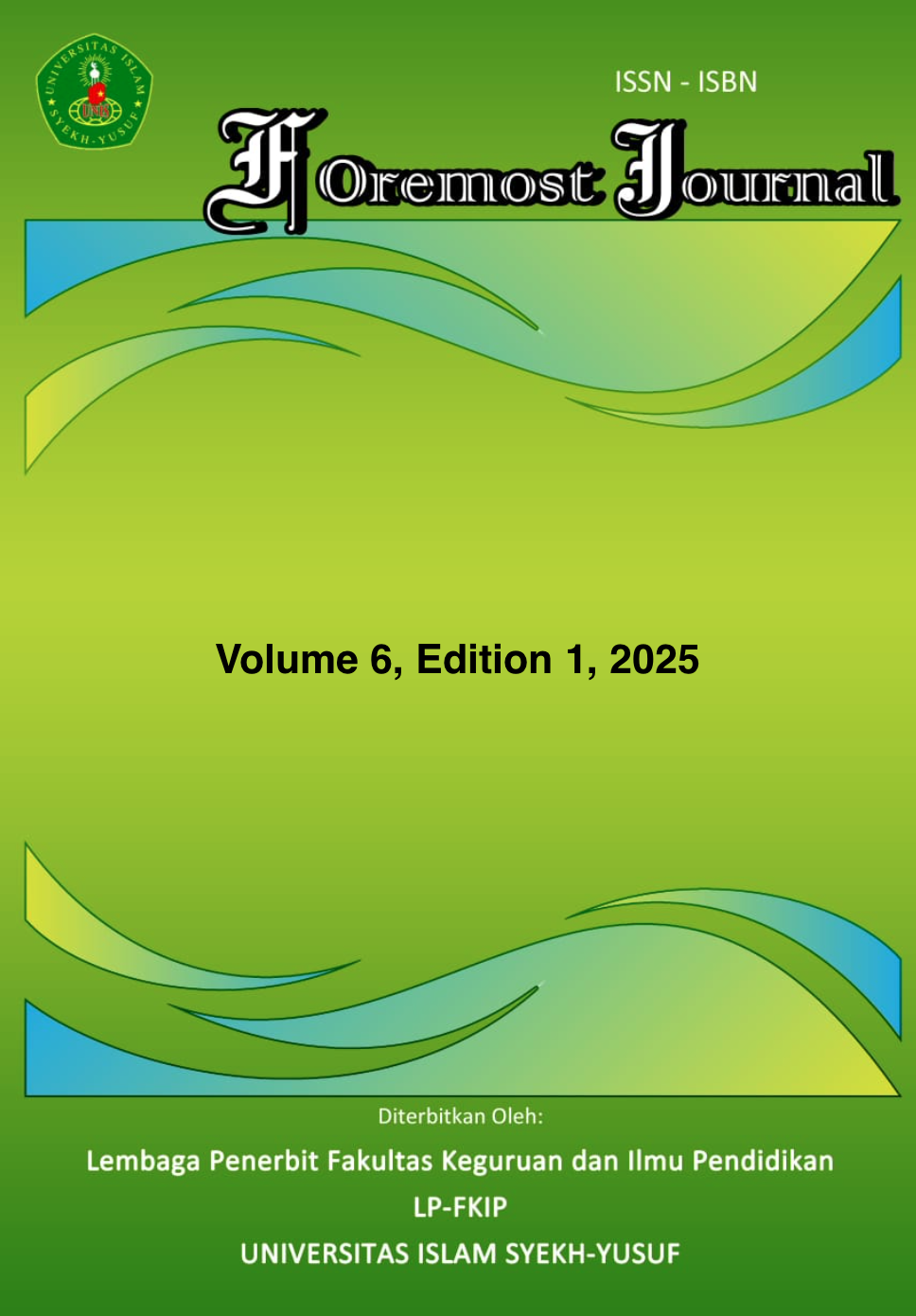Analysing Oral Fossilisation in a Pre-Intermediate Business English Class: A Case Study
DOI:
https://doi.org/10.33592/foremost.v6i1.6800Keywords:
Oral Fossilisation; Business English; Pre-Intermediate Learners; Language Learning; Fossilisation AspectsAbstract
This study analyses the phenomenon of oral fossilisation in a pre-intermediate Business English class. The study examines six pre-intermediate Business English class participants to identify persistent language errors and evaluate the effectiveness of targeted instructional strategies. Fossilisation, defined as the persistence of incorrect linguistic forms despite exposure to correct usage, poses significant challenges in language learning, particularly in professional contexts. The data were gathered through class observations and field note-taking during six sessions or 12 hours. The findings revealed persistent grammatical errors such as incorrect verb tense usage, double verb usage, errors in subject-verb agreement and article omissions, and lexical challenges, including inappropriate word usage and pronunciation issues. While targeted instructional strategies—such as role-playing, contextualised grammar exercises, and pronunciation drills—resulted in modest improvements, many errors remained resistant to correction. The study underscores the importance of individualised feedback, extended practice opportunities, and authentic communicative tasks in addressing fossilisation. These findings have implications for designing more effective Business English curricula to foster greater oral proficiency in workplace communication.
Downloads
Published
How to Cite
Issue
Section
License
Copyright (c) 2025 Foremost Journal

This work is licensed under a Creative Commons Attribution-NonCommercial-ShareAlike 4.0 International License.
- Authors certify that the work reported here has not been published before and contains no materials the publication of which would violate any copyright or other personal or proprietary right of any person or entity.
- Authors transfer or license the copyright of publishing to Foremost Journal to publish the article in any media format, to share, to disseminate, to index, and to maximize the impact of the article in any databases.
- Authors hereby agree to transfer a copyright for publishing to Foremost Journal a Publisher of the manuscript.
- Authors reserve the following:
- all proprietary rights other than copyright such as patent rights;
- the right to use all or part of this article in future works of our own such as in books and lectures;
- use for presentation in a meeting or conference and distributing copies to attendees;
- use for internal training by author's company;
- distribution to colleagues for their research use;
- use in a subsequent compilation of the author's works;
- inclusion in a thesis or dissertation;
- reuse of portions or extracts from the article in other works (with full acknowledgement of final article);
- preparation of derivative works (other than commercial purposes) (with full acknowledgement of final article); and
- voluntary posting on open web sites operated by author or author’s institution for scholarly purposes, but it should follow the open access license of Creative Common CC BY-NC-SA License.



